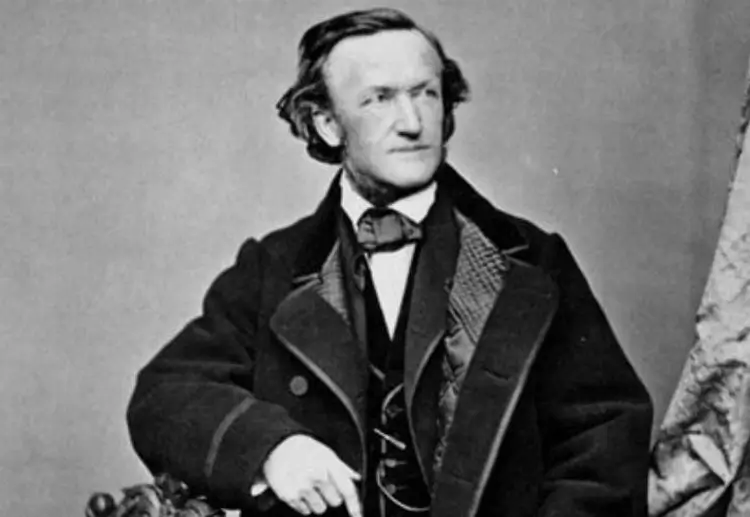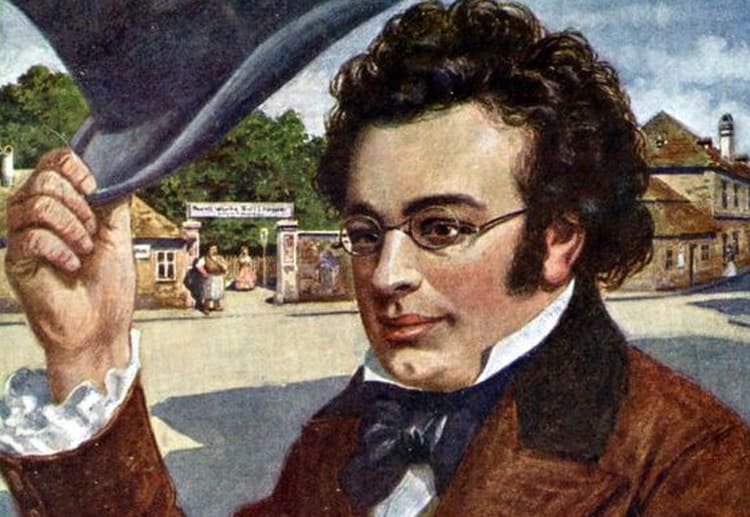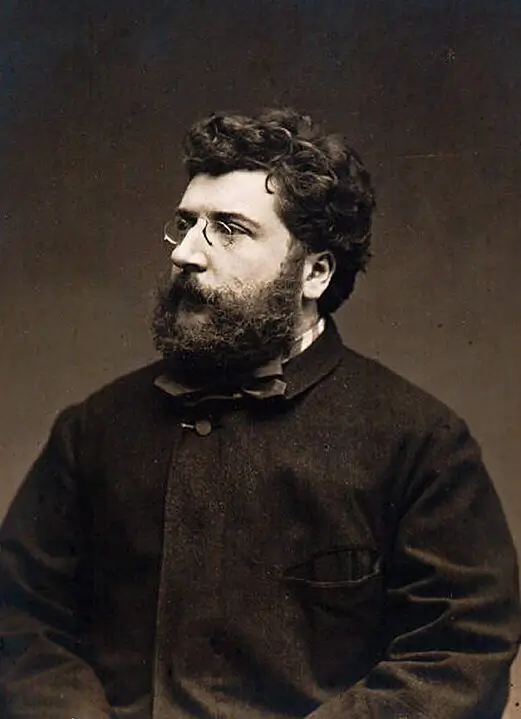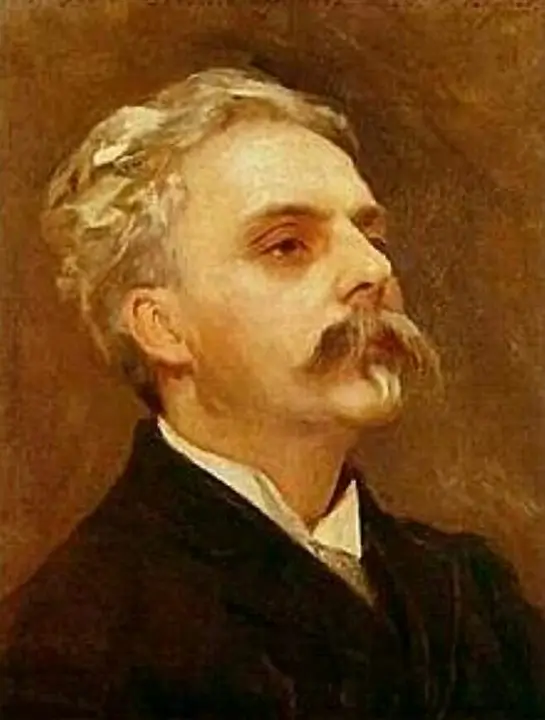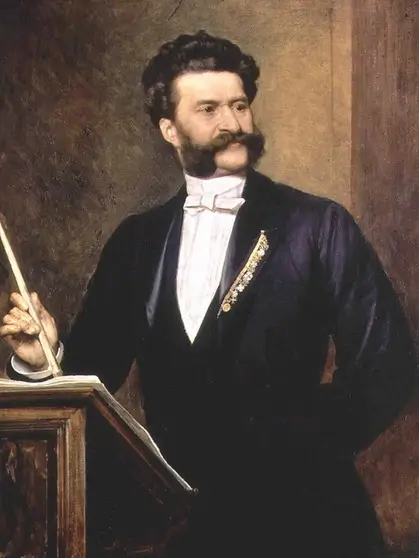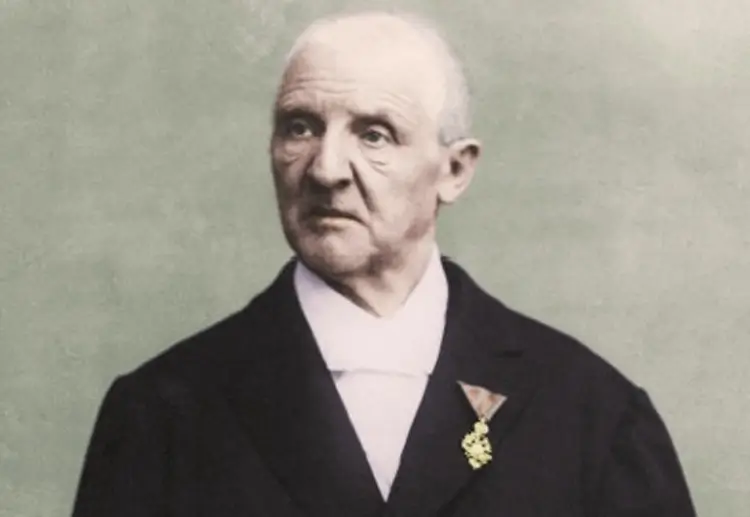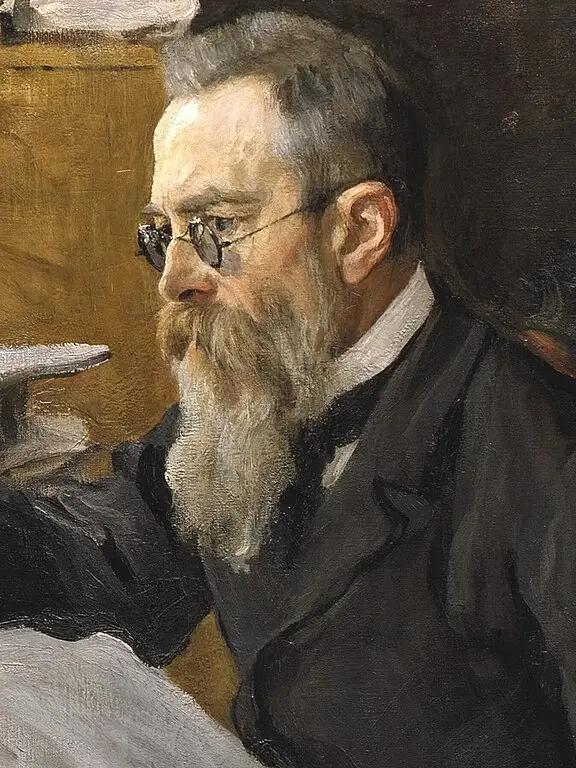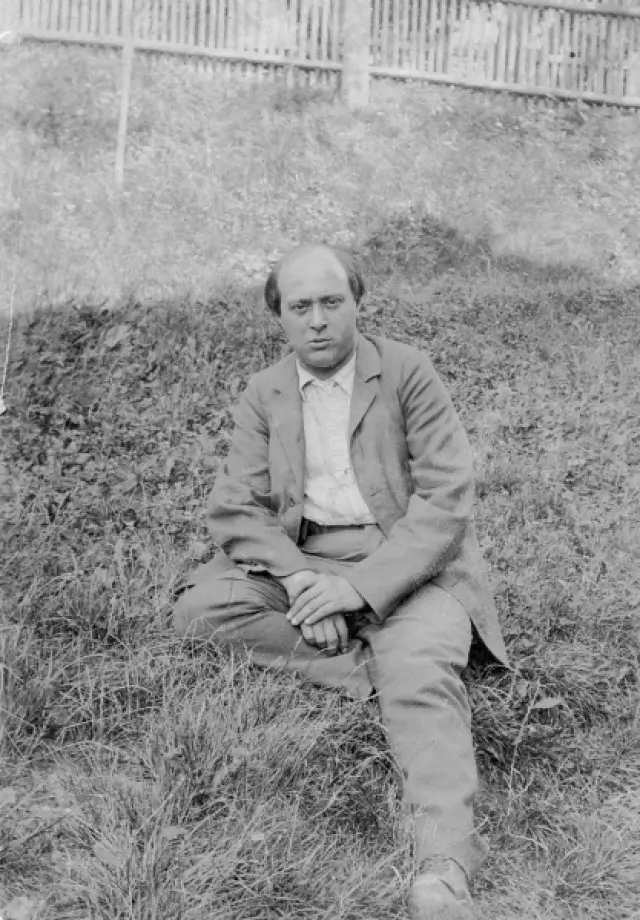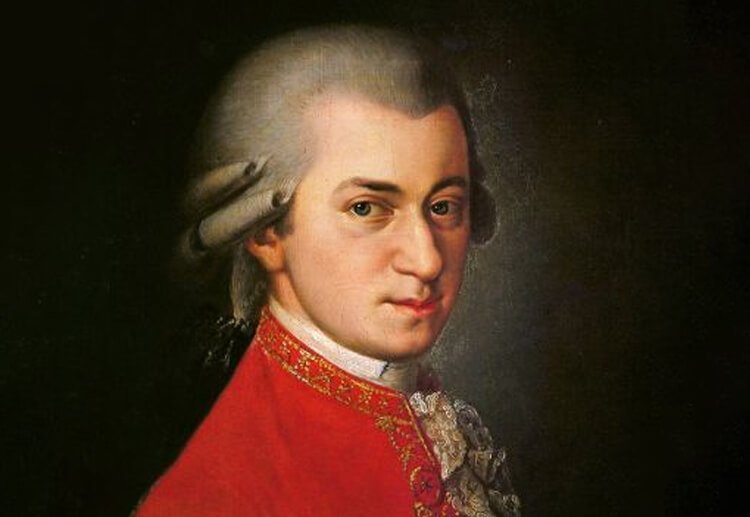Introduction
Richard Wagner is widely regarded as one of the most influential composers in the history of Western classical music. His innovative approach to opera and his complex musical compositions have left an indelible mark on the world of music. Wagner’s life was filled with triumphs and controversies, and his works continue to be performed and studied to this day. In this article, we will explore the early life of Richard Wagner, his musical training and development, his major works and compositions, his connections to other composers, his character and philosophy, his life in the city where he lived, and his death.
Early Life
Richard Wagner was born on May 22, 1813, in Leipzig, Germany. He was the ninth child of Carl Friedrich Wagner, a police actuary, and Johanna Rosine Wagner. His father died when he was just six months old, leaving his mother to raise him and his siblings alone. Despite the financial struggles they faced, Wagner’s mother ensured that he received a solid education and encouraged his interest in music.
Musical Training and Development
Wagner’s passion for music was evident from a young age. He began taking piano lessons at the age of eight and quickly showed great talent. At the age of 15, he enrolled in the Leipzig University, where he studied music theory and composition. During this time, he also became acquainted with the works of Beethoven and Mozart, which would greatly influence his own compositions.
In 1833, Wagner moved to Dresden, where he worked as a conductor and composer. It was during this period that he began to experiment with new musical forms and techniques. He developed a deep interest in opera and started composing his own works. Wagner’s early operas, such as “Die Feen” and “Das Liebesverbot,” showcased his unique style and marked the beginning of his revolutionary approach to the genre.
Major Works and Compositions
One of Wagner’s most famous and influential works is the four-opera cycle “Der Ring des Nibelungen” (The Ring of the Nibelung). This epic masterpiece took Wagner over 25 years to complete and tells the story of gods, heroes, and mythical creatures. The cycle includes “Das Rheingold,” “Die Walküre,” “Siegfried,” and “Götterdämmerung.” Wagner’s use of leitmotifs, recurring musical themes associated with specific characters or ideas, was groundbreaking and had a profound impact on the development of music.
Another notable work by Wagner is “Tristan und Isolde,” an opera that explores themes of love, desire, and transcendence. This opera is considered a turning point in the history of music, as it pushed the boundaries of tonality and paved the way for the development of atonal and modernist music.
Connections to other Composers
Throughout his career, Wagner had connections with many other composers and musicians of his time. He was greatly influenced by the works of Ludwig van Beethoven and Franz Liszt, both of whom he admired and sought inspiration from. Wagner also had a complex relationship with his contemporary, Giuseppe Verdi. While they had different musical styles and approaches, they both played significant roles in shaping the future of opera.
Character and Philosophy
Wagner’s character and philosophy were as controversial as his music. He was known for his strong-willed and often abrasive personality, which sometimes led to conflicts with his colleagues and patrons. Wagner believed in the concept of “Gesamtkunstwerk,” or “total work of art,” which aimed to unify all aspects of a theatrical production, including music, drama, and visual elements. He saw opera as a means of expressing his philosophical ideas and believed that it had the power to transform society.
Life in Bayreuth
For much of his life, Wagner lived in the city of Bayreuth, Germany. It was in Bayreuth that he built the famous Bayreuth Festspielhaus, a theater specifically designed for the performance of his works. The Festspielhaus remains a pilgrimage site for opera lovers and hosts the annual Bayreuth Festival, dedicated to the performance of Wagner’s operas. Wagner’s presence in Bayreuth brought significant cultural and economic benefits to the city, making it a hub for music enthusiasts from around the world.
Death
Richard Wagner passed away on February 13, 1883, in Venice, Italy. His death marked the end of an era in music, but his legacy lived on. Wagner’s works continue to be performed and studied by musicians and scholars worldwide, and his influence can be seen in the works of composers who came after him. Despite the controversies surrounding his personal life and political beliefs, Wagner’s contributions to music are undeniable, and his impact on the development of opera and classical music is immeasurable.
In conclusion, Richard Wagner’s life and work have left an indelible mark on the world of music. From his early musical training and development to his major works and compositions, Wagner’s innovative approach to opera and his complex musical compositions continue to captivate audiences to this day. His connections to other composers, his character and philosophy, his life in Bayreuth, and his death all contribute to the rich tapestry of his legacy. Richard Wagner’s contributions to music will forever be remembered and celebrated as a testament to his genius and artistic vision.

